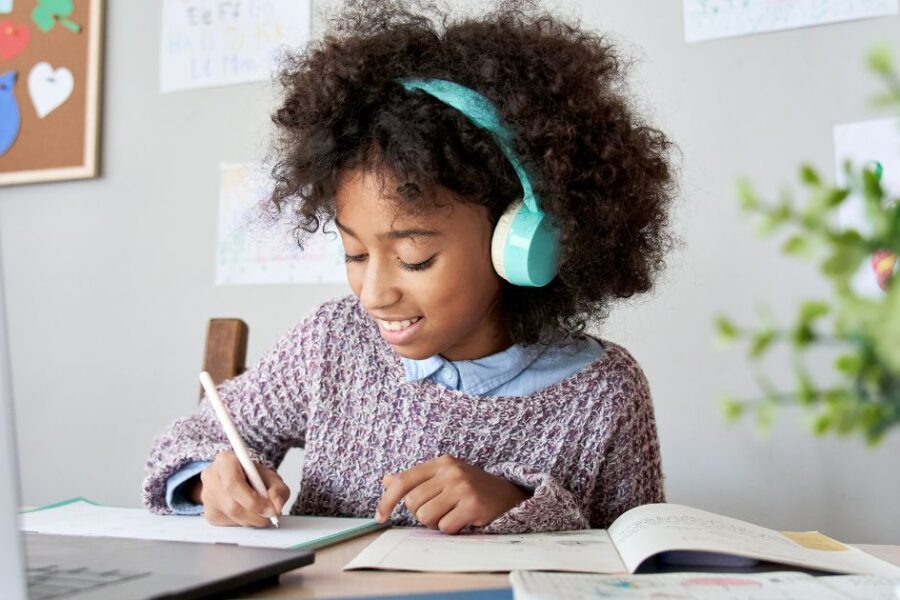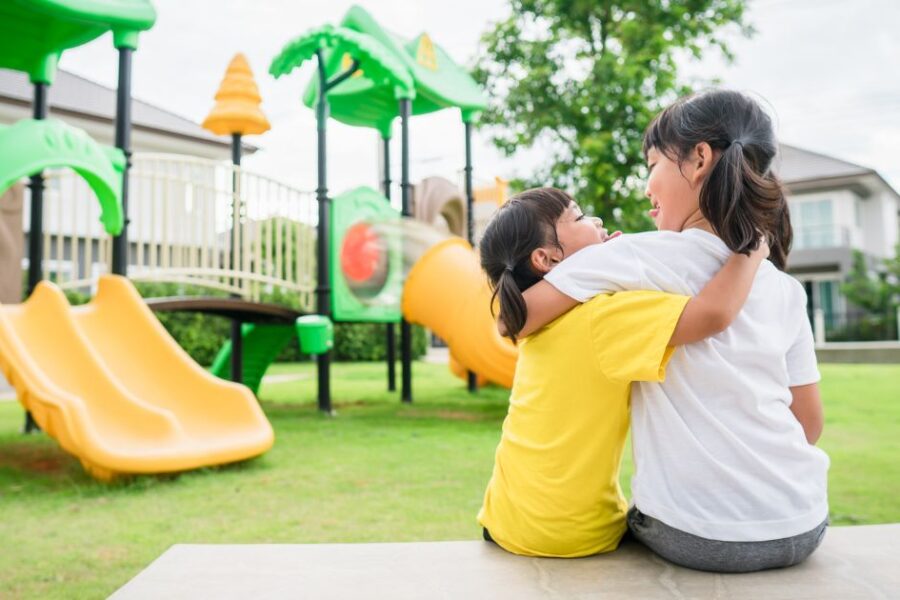Play is often seen as merely a source of entertainment for young children. However, it goes far beyond just fun; play is a powerful tool for learning and development during early childhood. Research has shown that play is crucial for children’s social, emotional, cognitive, and physical growth. In early childhood education, play-based learning has become an integral part of curriculum design and teaching methodologies. This blog post explores the significance of play in early childhood education and the various ways it contributes to children’s holistic development.
Developing Social Skills
Play provides a natural setting for children to interact with others, fostering the development of essential social skills. Through play, children learn to share, take turns, negotiate, and resolve conflicts, building the foundation for positive relationships and effective communication.
Enhancing Cognitive Abilities
Play-based learning engages children’s minds, encouraging them to explore, problem-solve, and think creatively. Whether through building blocks, puzzles, or imaginative play, children develop critical thinking, decision-making, and abstract reasoning skills.
Emotional Regulation
Play is an outlet for children to express and understand their emotions. It helps them learn how to manage feelings, cope with stress, and build resilience. Pretend play, in particular, allows children to act out various scenarios, giving them a sense of control over their emotions.
Language Development
During play, children engage in conversations, role-playing, and storytelling, which enhances their language skills. As they engage in verbal exchanges, their vocabulary expands, and their communication abilities improve.
Motor Skills
Physical play, such as running, jumping, and climbing, supports the development of gross motor skills. Fine motor skills, on the other hand, are honed through activities like drawing, cutting, and manipulating objects during play.
Encouraging Curiosity and Creativity
Play sparks curiosity and imagination. Children explore their interests, experiment with new ideas, and create their own worlds during play, fostering a love for learning and a thirst for knowledge.
Building Self-Confidence
Engaging in play builds children’s self-esteem and self-confidence. As they master new skills, solve problems, and overcome challenges, they gain a sense of accomplishment and belief in their abilities.
Cultural and Social Learning
Play often mirrors cultural and social norms, allowing children to learn about their own culture and the world around them. Through imaginative play, they also develop an understanding of different roles and perspectives.
Conclusion
Play is a fundamental aspect of early childhood education, serving as a powerful catalyst for children’s holistic development. It contributes to their cognitive growth, emotional well-being, social skills, and physical abilities. Play-based learning provides a dynamic and engaging environment for children to explore, discover, and learn at their own pace. As parents and educators, embracing the power of play in early childhood education can lay the groundwork for a lifetime of curiosity, creativity, and a genuine love for learning. Let us cherish and encourage play in the lives of young learners, as it remains a cornerstone of their early years and sets the stage for a fulfilling and successful educational journey.









Leave a Comment